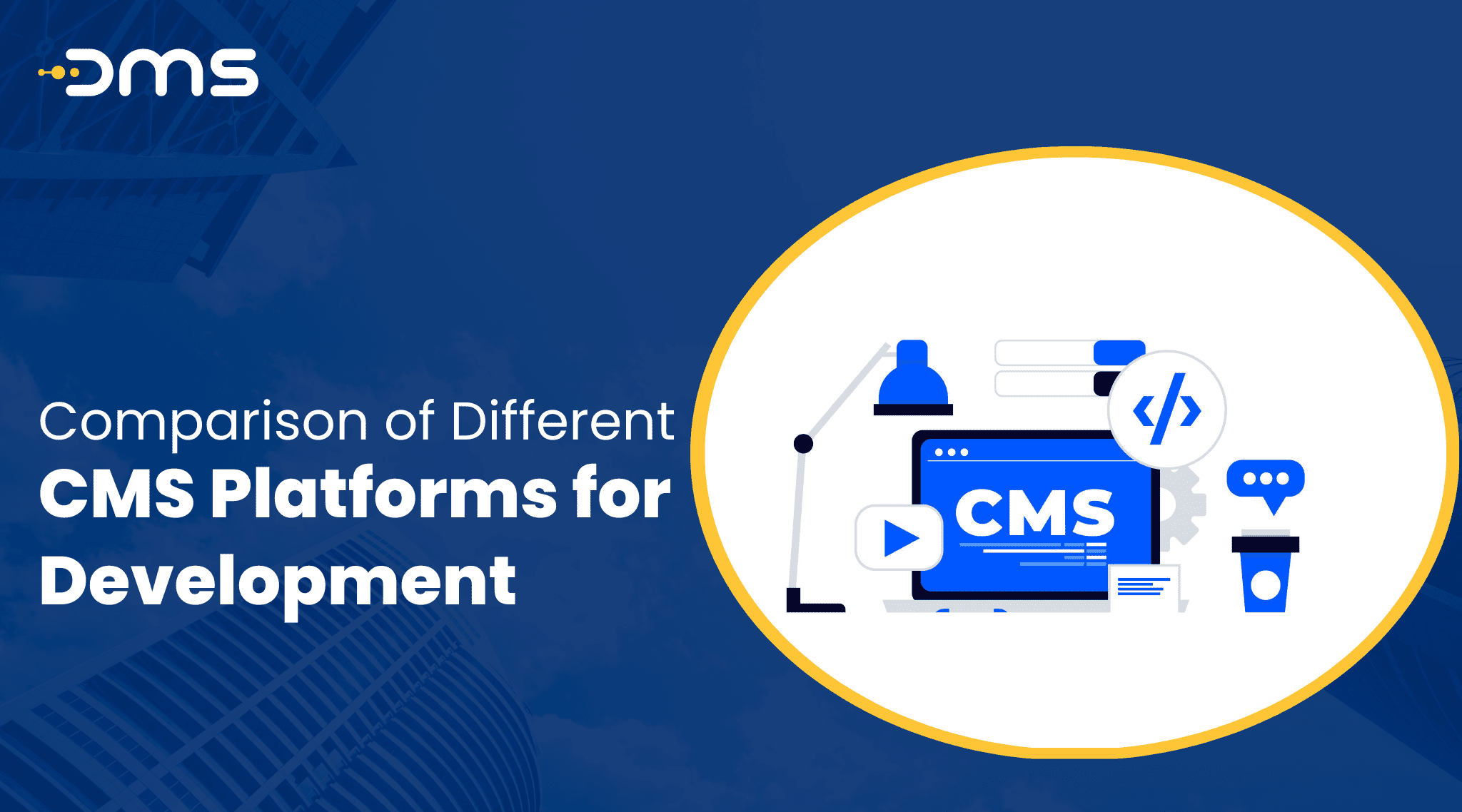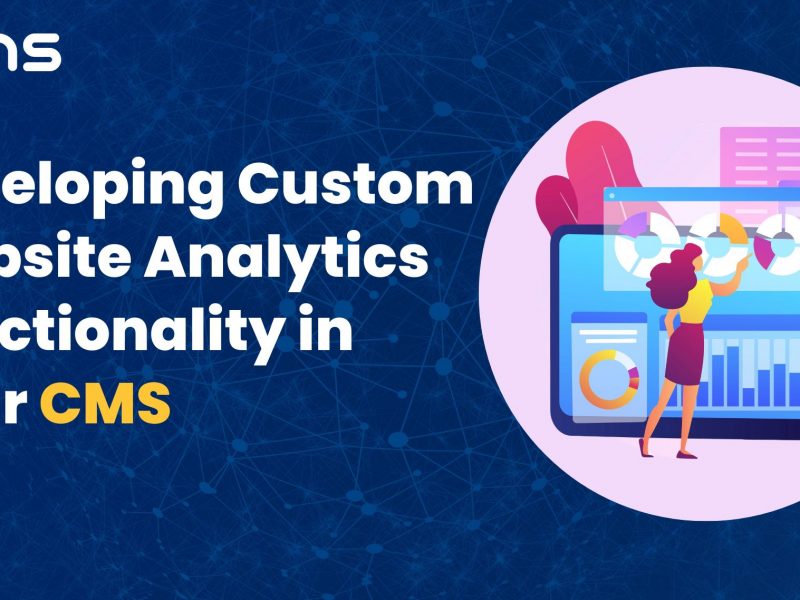Creating a website is becoming a vital need for businesses, organizations, and individuals in today’s digital world. Due to content management systems, the process of constructing a website is now easier than ever. CMS platforms are web applications that allow users to easily develop, publish, and manage their websites’ digital content. But, selecting the best CMS platform for your website development project might be difficult.
We will compare various CMS platforms in this article, providing you all the knowledge you need to make an informed decision.
“Are you seeking the best CMS platform for your website development project?” says the hook.
Here’s a detailed overview that analyzes the best CMS platforms, giving you the knowledge you need to make an informed decision.”
What is a CMS platform?
A CMS platform is a piece of software that allows you to generate, manage, and publish digital content. CMS solutions give content developers an easy-to-use interface for managing their website content without requiring technical expertise. The CMS platform handles the technical aspects of website development, such as code development and server maintenance, freeing up content writers to focus on providing high-quality articles.
The Benefits of Using a CMS Platform.
There are several benefits of using a CMS platform for website development, including:
Easy-to-use
CMS platforms are designed with user-friendliness in mind, allowing even non-technical users to easily create and manage content.
Time-saving
CMS platforms automate many of the technical aspects of website creation, such as code development, saving content creators time and effort.
Scalability
CMS platforms can handle websites of any size, from small personal blogs to large e-commerce websites.
SEO-friendly
CMS platforms are optimized for search engine optimization (SEO), ensuring your website ranks well in search engine results pages (SERPs).
Customizable
CMS platforms provide a wide range of customizable themes and plugins, allowing you to create a unique website that meets your specific needs.
Top CMS Platforms for Website Development
WordPress:
WordPress is the most popular CMS platform, powering over 40% of all websites on the internet. WordPress is open-source, free, and highly customizable, making it an ideal choice for website development. WordPress provides a vast library of themes and plugins, allowing users to create unique websites quickly.
Drupal:
Drupal is a highly customizable CMS platform designed for enterprise-level websites. Drupal is open-source and free, providing users with a wide range of customization options. Drupal offers robust security features, making it a popular choice for large organizations and governments.
Joomla:
Joomla is a free, open-source CMS platform designed for small to medium-sized websites. Joomla provides users with a range of customization options, including a wide range of templates and extensions. Joomla is user-friendly, making it an ideal choice for beginners.
Magento:
Magento is a powerful CMS platform designed specifically for e-commerce websites. Magento provides users with a range of customization options, including a wide range of templates and extensions. Magento is highly scalable, making it an ideal choice for large e-commerce websites.
Shopify:
Shopify is a cloud-based CMS platform designed specifically for e-commerce websites. Shopify provides users with an easy-to-use interface and a range of customization options, including a wide range of templates and extensions. Shopify is highly scalable, making it an ideal choice for small and large e-commerce websites.
Conclusion
Selecting the best CMS platform for your website development project might be difficult, but you can make an informed decision by comparing the top CMS platforms. WordPress, Drupal, Joomla, Magento, and Shopify are all major CMS platforms, each with its own set of advantages and disadvantages.
Evaluate your individual website development requirements and select the CMS platform that best fits them.
Keep in mind that the CMS platform you select will have an impact on the scalability, security, and usability of your website. As a result, it is important to perform extensive research and testing before making a final selection.
You may design a successful website that matches your individual demands and helps you achieve your business goals with the correct CMS platform.


